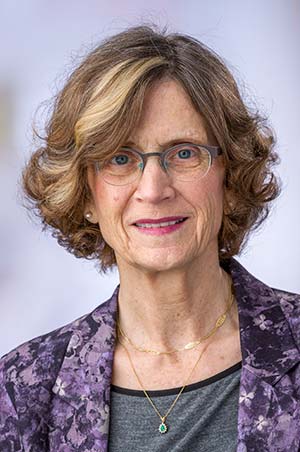J. Lee Nelson, MD
Professor Emeritus
Translational Science and Therapeutics Division, Fred Hutch
Dr. J. Lee Nelson studies microchimerism, a state in which cells exchanged by mother and child during pregnancy persist in both individuals for many years. Her interdisciplinary research team investigates the health consequences of this phenomenon.
In 1998, Dr. Nelson reported the first study linking an autoimmune disease with the lasting presence of fetal cells in mothers. Because women generally develop autoimmune diseases more often than men, these findings have led to a new avenue of investigation into a range of diseases in which the immune system begins attacking the body’s own tissues.
By learning more about microchimerism, Dr. Nelson hopes to help improve the success of blood stem cell and organ transplantation. Her team also investigates the role of microchimerism in cancer development, infectious diseases such as AIDS and complications of pregnancy.
Other Appointments & Affiliations
Professor of Medicine, Rheumatology, University of WashingtonProfessor of Medicine, Rheumatology
University of Washington
Affiliate Professor, Department of Genome Sciences
University of Washington
Education
MD, University of California, Davis, 1977
BA, Philosophy, Stanford University, 1971
Research Interests
Dr. Nelson’s research group investigates immunologic consequences of maternal-fetal exchange during pregnancy and the legacy that maternal-fetal exchange creates for both individuals years later. A mother’s cells persist in her children into adult life and cells of fetal origin remain in the mother decades later. “Microchimerism” refers to harboring a small number of cells (or DNA) that originated in a genetically different individual.
"We're trying to home in on treatments. I would like to help alleviate suffering in some way."
— Dr. J. Lee Nelson
